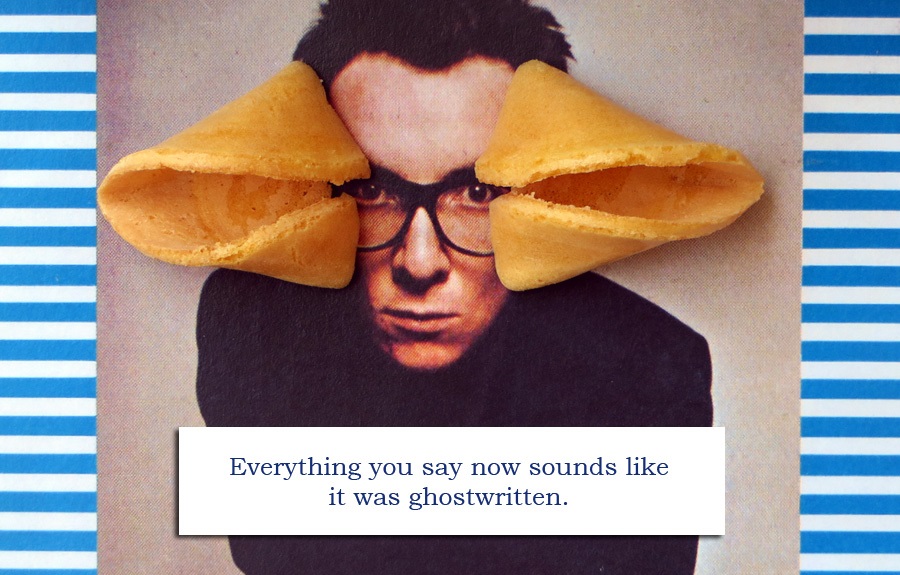Category: Music
Je Suis Charlie Morrissey.
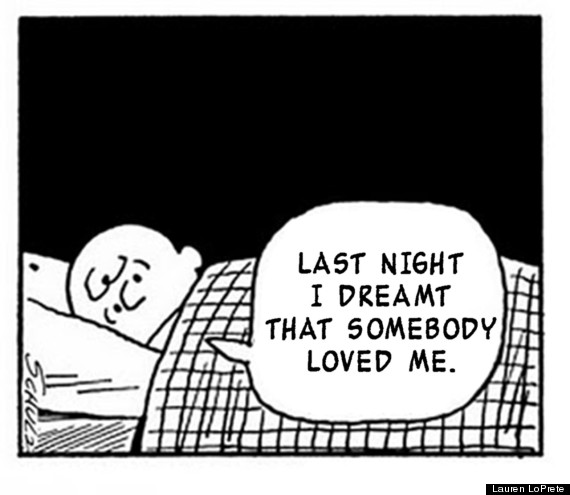
It is Happening Again.
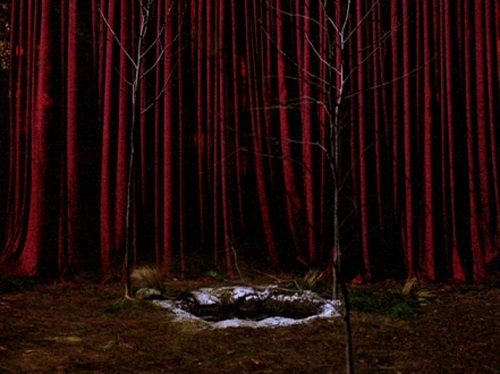
Now this here is big doings, and no mistake. (And, whatever else may be depressing about life in the so-called space age, how great is it that we live in a world that provides MOAR Twin Peaks, MOAR Arrested Development, MOAR Doctor Who, MOAR Farscape, MOAR Han-Luke-Leia Star Wars outings? Let’s get cracking on Deadwood‘s return already!)
Since this announcement, I’ve been rewatching Twin Peaks again while packing up boxes and — while I’m only into early Season 2 — been delighted to find that it totally holds up. Like many folks around my age, the show was a staple of my early high school years, and watching it is as much of an instant time capsule to the early 1990’s as the 120 Minutes archive. Finally actually finding out what happened to Dale after the Black Lodge? Now that is something I did not expect. Can’t wait.
Edge of the Cross.
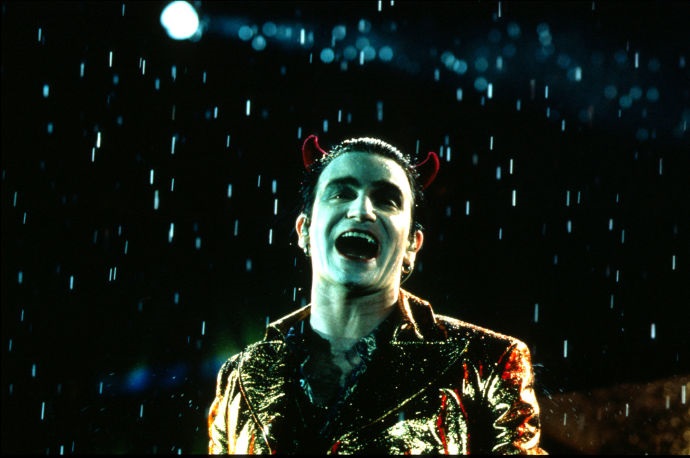
Step aside, Creed and Stryper: Also in The New Yorker, Joshua Rothman explains why U2 is the biggest Christian rock act ever. I sorta knew this — the double meaning of Pop comes to mind (Pop as in music, Pop as in Father) — but I had never thought about or realized how integral the connections were.
“The story of U2 might be this: having begun as a band that was uncertain about the idea of pursuing a life of faith through music, they have resolved that uncertainty. Their thin ecclesiology has become thick…They know they made the right choice, and they seem happy. Possibly, their growing comfort is bad for their art.”
Then It Wouldn’t Be Sky Anymore.

In related news, Michael Stipe of R.E.M. talks about the art of Douglas Coupland and the legacy of 9/11. “Is that who we are now? Blind, unquestioning, warlike? Are we that violent, that childish, that silly, that shallow? Are we that afraid of others? Of ourselves? Of the possibility of genuine change? Are we that easily swayed, that capable of defending ‘American interests’, whatever ‘American interests’ means?
Wars without Williams.
As making the rounds of late, the raw C-SPAN feed of the Yavin 4 medal ceremony was a considerably weaker PR hit for the Rebellion, and no mistake. (Chewie in particular comes off much worse — This is like learning of Lincoln’s squeaky voice.)
Also in recent Original Trilogy-related humor, Black C-3PO (BL3PO? Either way, probably still less offensive than Jar Jar et al) and this analysis of the insurgency on Endor’s moon. “The Ewoks are not soldiers, but a tribal insurgency — and a remarkably successful one once they receive the backing of foreign special forces.”
It Seemed So Silly and Long.
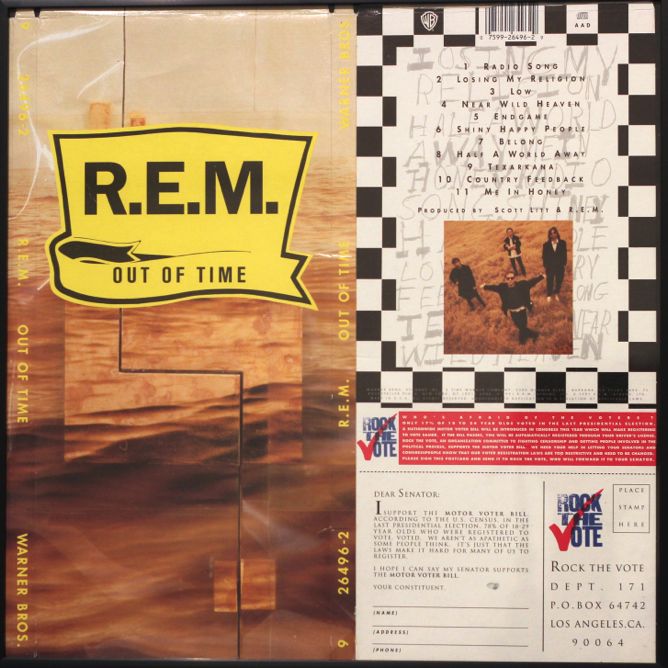
Hey, hey, hey (Say what?): Slate and the 99% Invisible podcast survey the world-shaking importance of R.E.M.’s “Out of Time” longbox. “That, ladies and gentlemen, is why no album in the history of recorded music has had as large an effect on politics in the United States as R.E.M’s Out of Time.” Welllll…that sounds a bit hyperbolic, but I do remember sending in that Rock the Vote Motor Voter card back in the day.
Back to the Basement.
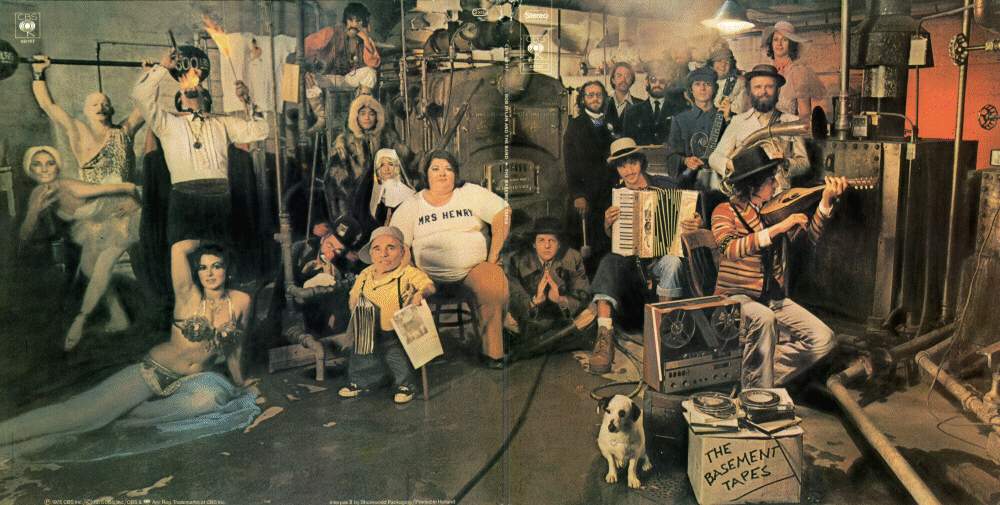
The Guardian‘s Richard Williams offers a preview of the “new” “Bob Dylan” album, created along the lines of Billy Bragg and Wilco’s Woody Guthrie records — old Basement Tapes-era lyrics, new music. ‘Everybody brought their A game,’ he said. ‘But you don’t record all 44 versions of these songs in 12 days by being precious about it.'”
Beats, Rhymes, Life to Bling-Bling-Bling.
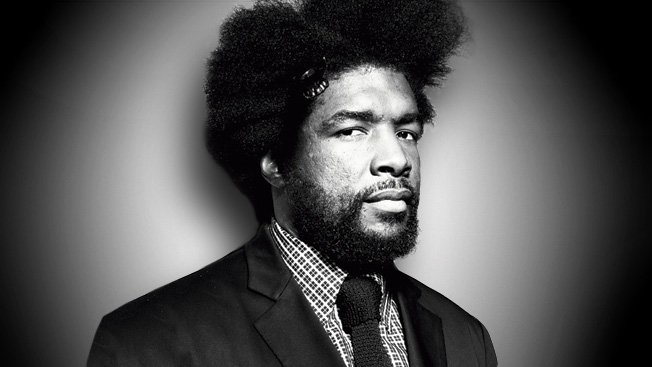
In a six-part-series for Vulture, The Roots‘ Questlove explains, in his view, how hip-hop has failed black America. [Part 1.] Only two parts in, but so far he’s dead on. I know I’m turning forty this year, so there’s probably no small amount of Get-Off-My-Lawn involved. But, imho of course, something went wrong when commercial hip-hop took the hyper-consumerist turn awhile ago.
Back in the day, you had East vs. West coast (if I got to choose a coast, I got to choose the East — I live out there, so don’t go there), the Pan-racial, regular guy optimism of the Native Tongues; the history- and political-minded hip-hop of Public Enemy, Gangstarr, X-Clan, KRS-One; the skewed pop-culture funhouse of the Wu-Empire, rappers like Slick Rick, Nas, & Rakim working their own unique thing.
Now, some of Kanye’s experimenting aside, the hip-hop mainstream — from my admittedly limited perspective — seems to be mainly concerned with needle boats. “Who’s to blame? It’s hard to say. Certainly, Puff Daddy’s work with the Notorious B.I.G. in the early ’90s did plenty to cement the idea of hip-hop as a genre of conspicuous consumption.”
Then again, as a few people pointed out in the comments, the evolution of hip-hop from diversity to commodity isn’t happening in a vacuum. The music world, in most any genre, seems to be in a really bad way these days. But again, this is always the aging person’s lament. Now Get Off My Lawn.
Trust Elvis…Except in Bed.
